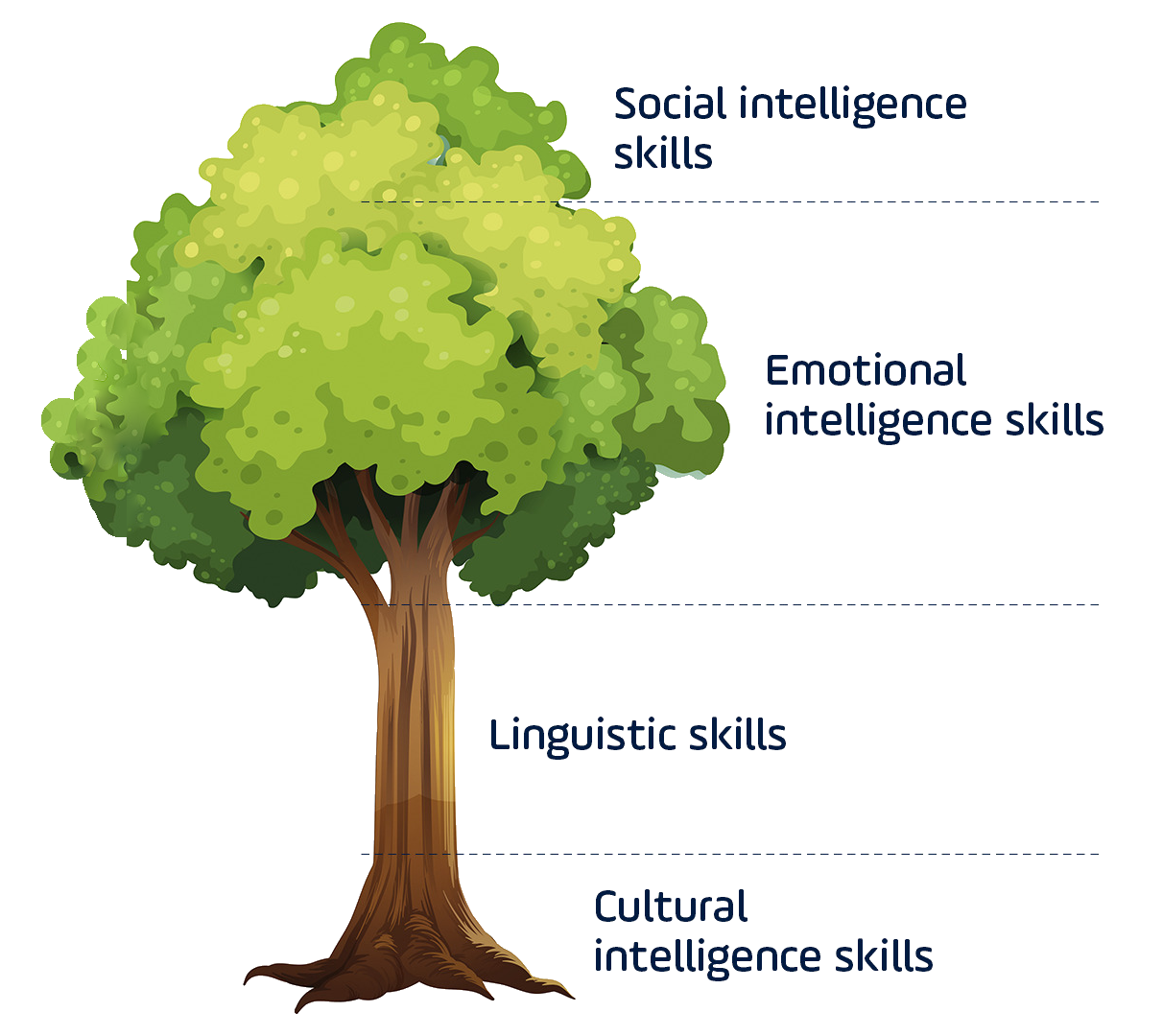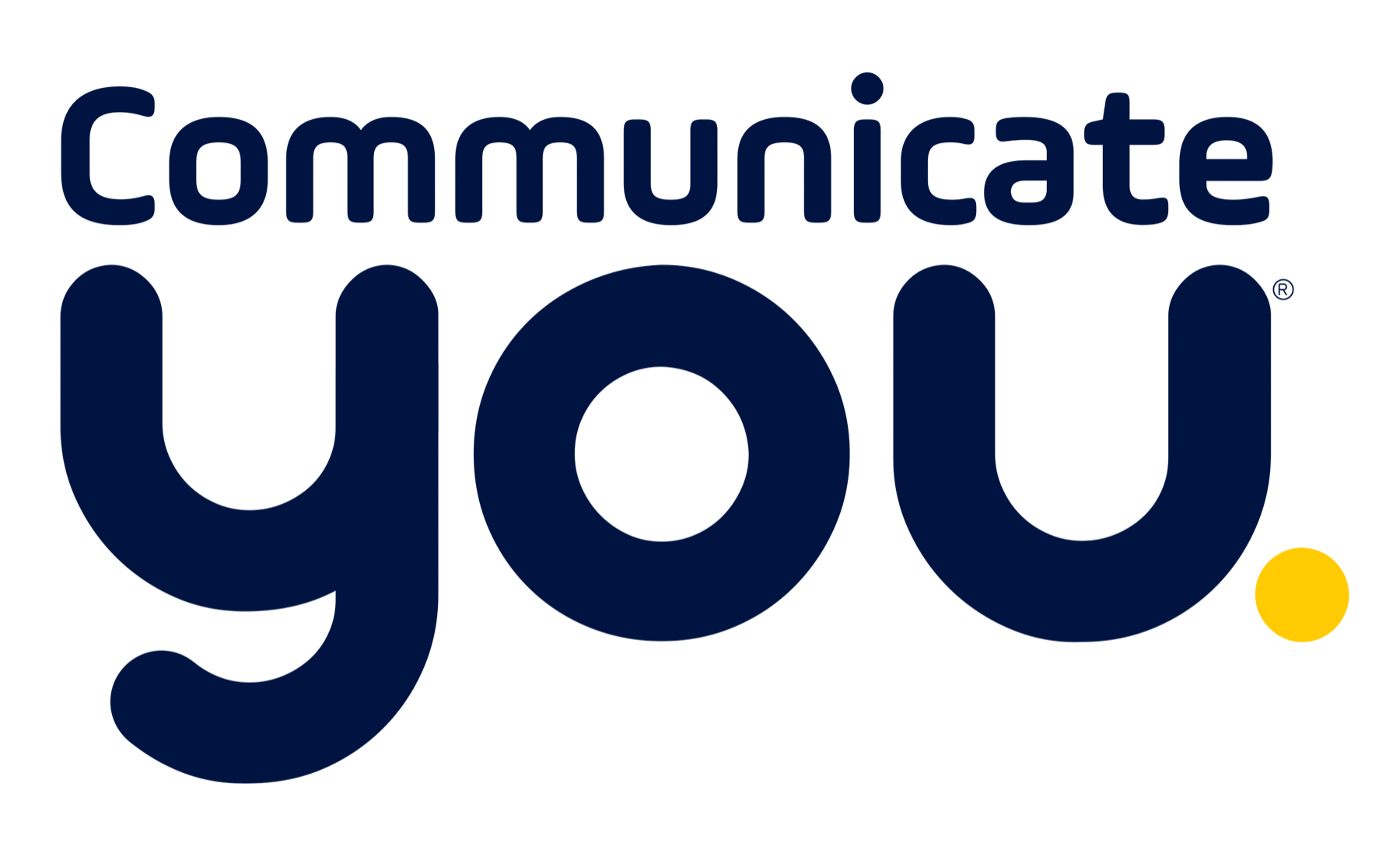From non-native English speaker
to
INTERNATIONAL COMMUNICATOR,
so you can take the multicultural professional setting by storm.
~ What if you felt confident to communicate in English internationally? ~ What if you felt confident to communicate in English internationally? ~ What if you felt confident to communicate in English internationally? ~ What if you felt confident to communicate in English internationally? ~ What if you felt confident to communicate in English internationally? ~ What if you felt confident to communicate in English internationally? ~ What if you felt confident to communicate in English internationally? ~ What if you felt confident to communicate in English internationally? ~ What if you felt confident to communicate in English internationally? ~ What if you felt confident to communicate in English internationally? ~ What if you felt confident to communicate in English internationally? ~ What if you felt confident to communicate in English internationally?
Communicate You© provides intercultural communication training focused on the English language for non-native English speakers working in international settings.
%
of the conversations in English would involve only native speakers, if we listen to every conversation happening in the world.
Source: LemonGrad
%
of executives from 68 countries cite “cross-cultural management” as their top challenge in working across borders.
source: SHRM
million non-native English speakers in the world against 378 million native speakers.
Source: LemonGrad
I’m Anna Gomes-Paris
In 12 years of working in the ESL/EFL industry, I helped over +700 students from more than 16 countries achieve their goals by communicating in English.
I am here to transform your intercultural communication game so you can go from being a non-native English speaker to an International Communicator in the global workspace.

I’m Anna Gomes-Paris
In 12 years of working in the ESL/EFL industry, I helped over +700 students from more than 16 countries achieve their goals by communicating in English.
I am here to transform your intercultural communication game so you can go from being a non-native English speaker to an International Communicator in the global workspace. Read my story!
I decided to take the matter into my own hands:
I combined my professional experience with my personal experience living and working abroad and created intercultural communication training focused on the English language for non-native English speakers working in international settings.
Excited to launch your career and stand out from the crowd
as a non-native English speaker?
IF
✅ You placed as an Upper Intermediate level (B2) or Advanced level (C1) and still feel a little confused about using the proper verbal tense, missing some word meanings, and struggling more than you should when you need to speak in English.
✅ You want to learn English from an integrative perspective – you are tired of grammar and pronunciation lessons and no lessons on how to communicate your thoughts and views appropriately in the international setting.
✅ You are considering work, study or immigration, and you want to develop a global mindset as you will be speaking in English internationally.
IF
✅You placed as a proficient speaker on a level placement test, but somehow you still feel like your message won’t come out in the “right way.” Instead, you notice people’s impatience and feel belittled and/or unheard.
✅ You are already working in an international setting but find yourself removed from the action and not participating actively in meetings or social gatherings as you would if you were speaking your native language.
✅ You want to be more assertive, objective and effective whenever and wherever you speak in English to feel confident when communicating interculturally.
English is the global business language (Harvard Business Review, 2012). Also, it’s considered the lingua franca with 1,121 million speakers around the world (natives and non-natives) (Yadav, 2018), but having the language as the common point for international communication won’t change the fact that we still connect, relate, and work with people from different places in the world.
our programs
Building Language Skills for the International Setting Program - BLIS©
BLIS© was designed to help students to develop their language skills alongside their cultural intelligence quotient - a success-predicting factor when working and living abroad.
The International Communicator Program - TICP©
Communicate You™ proprietary and original methodology developed to expand and evolve the communicative capabilities of non-native English speakers professionals working in multicultural settings.
Not sure which one is the best fit for you?
People who speak English as a second language are generally passed over for top managerial jobs and executive positions.
Source: Association for Psychological Science – APS
our methodology

The Effective Communication Tree©
Instead of understanding international communication only through language learning, The Effective Communication Tree© represents a pathway developed to equip non-native English speakers with the skills to thrive and achieve in multicultural work settings.
Our methodology looks to transform the way the English language has been used to communicate internationally – a functional dead piece of wood – into a living process, an ever-green growing tree of possibilities.
🌳Roots: Understanding personal cultural context and how it relates to the international setting and the English language
🌳Branches: How to use the language to express thoughts assertively
🌳Leaves: Create connections that acknowledge diversity while allowing for authenticity when speaking a foreign language.
English is the international language of business, education, travelling, and diplomacy.
Source: McGovern 2019

